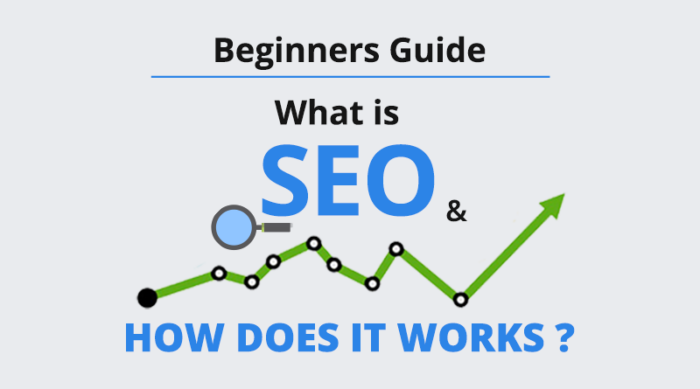
Do you want to learn how to become an SEO expert? If so, you have come to the right place! SEO is a constantly changing industry, so it is important to stay up-to-date on the latest trends and techniques. Seo experts are always in demand, so if you are looking for a career change or want to start your own business, this could be the perfect opportunity for you! In this blog post, we will discuss what it takes to be an SEO expert and provide you with some tips that will help you get started.
What is SEO and how does it work?

SEO, or search engine optimisation, is the process of improving the visibility and ranking of a website in search engine results pages (SERPs). The higher a website ranks in the SERPs, the more likely it is to be seen and clicked on by users. SEO involves optimising a website for specific keywords or phrases that users are likely to search for. This can be done by optimising website content, titles and descriptions; building links to the website, and improving site speed and mobile friendliness. When done correctly, SEO can help to increase traffic to a website, improve conversion rates and boost sales or leads. As such, it is an essential part of any digital marketing strategy.
The basics of SEO – on-page and off-page optimisation

If you’re running a website, it’s important to make sure that it’s optimised for search engines. This process, known as Search Engine Optimisation (SEO), can be broken down into two main categories: on-page optimisation and off-page optimisation. On-page optimisation refers to all the measures you can take to improve your website’s ranking on search engine results pages (SERPs). This includes things like optimising your title tags and meta descriptions, as well as making sure your website’s content is relevant and keyword-rich. Off-page optimisation, on the other hand, refers to all the activities you can do outside of your website to help improve your ranking. This includes things like building links and generating social media engagement. By taking both on-page and off-page optimisation into account, you can give your website the best chance of achieving a high ranking on SERPs.
How to track your website’s SEO progress

There are several ways to track your website’s SEO progress. One way is to keep an eye on your website’s organic traffic. This can give you an indication of how well your site is ranking in search engines, and how much traffic you’re getting from SEO-related keywords. Another way to track SEO progress is to monitor your website’s backlink profile. This can give you an idea of how many other websites are linking to your site, and how authoritative those links are. Finally, you can also use Google Analytics to track various SEO-related metrics, such as click-through rate and time on site. By monitoring these metrics, you can get a good idea of how your SEO efforts are paying off.
Tools and resources for SEO experts
As an SEO expert, you know that the right tools and resources can make all the difference when it comes to optimising a website. But with so many options out there, it can be tough to know which ones are worth your time and money.
One tool that is essential for any SEO expert is a keyword research tool. This will help you find the right keywords to target for your website, and also track your progress over time. There are several different keyword research tools available, but some of the most popular ones include Google AdWords Keyword Planner and SEMrush.
Another important tool for SEO experts is a backlink analysis tool. This will help you keep track of the websites that are linking to your site, and also identify any potential link opportunities. Some of the best backlink analysis tools include Moz Open Site Explorer and Majestic SEO.
Finally, it’s also a good idea to stay up-to-date on the latest SEO news and trends. There are several great places to get this information, but some of our favourites include Search Engine Land and Search Engine Journal.
Tips for staying up to date with the latest SEO trends

As anyone in the digital marketing field knows, SEO is always evolving. What works today may not work tomorrow, which is why it’s so important to stay up to date with the latest trends. There are a few key ways to do this. First, make sure you’re subscribed to some of the top SEO blogs and newsletters. This will ensure that you’re always getting the latest information from industry leaders. Second, attend conferences and networking events where SEO experts share their latest findings. And finally, don’t be afraid to experiment with new techniques on your website. By constantly testing and tweaking your SEO strategy, you’ll be able to stay one step ahead of the competition.
Conclusion:
SEO is constantly evolving, so it’s important to stay up to date on the latest trends and changes to maintain your website’s ranking. Use the tools and resources we’ve provided to help you keep track of your website’s progress and make sure you’re following best practices for SEO. And most importantly, never stop experimenting! Try new things and see what works best for your business and target audience. What was your favourite tip from our list?








